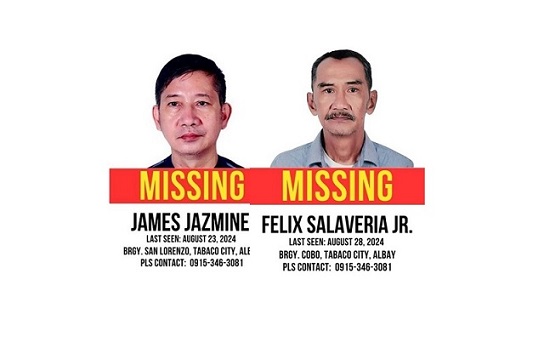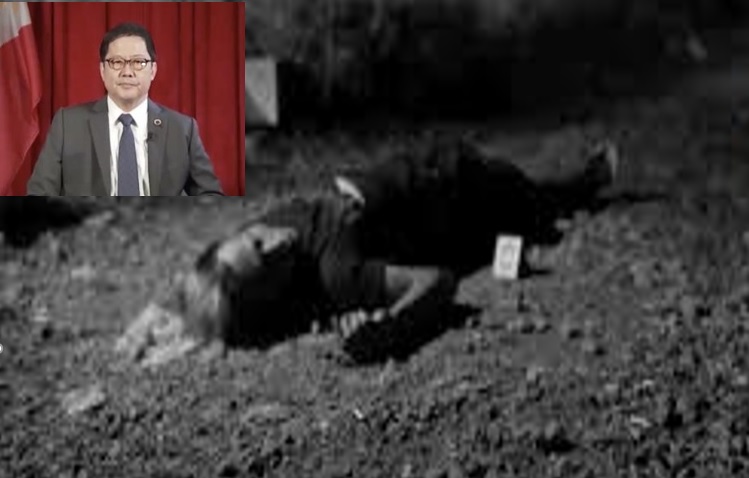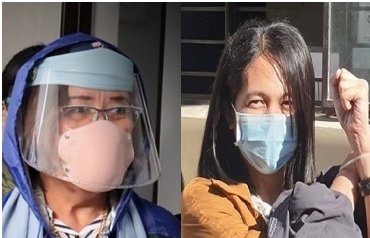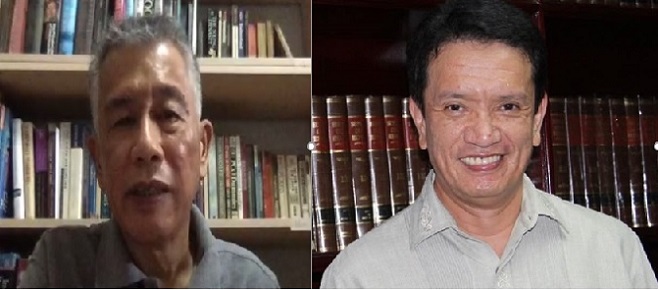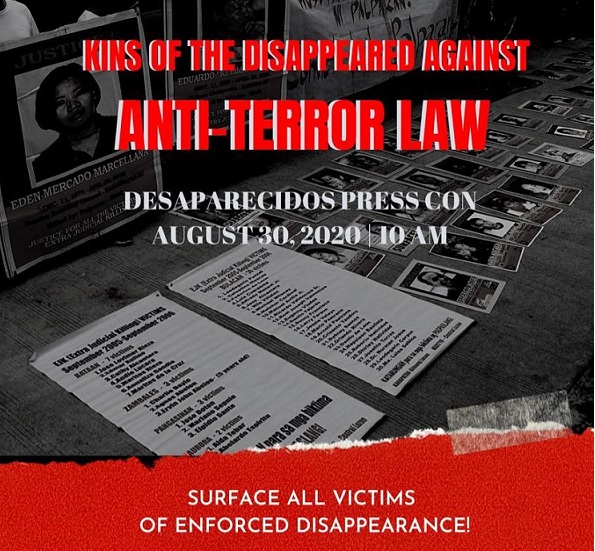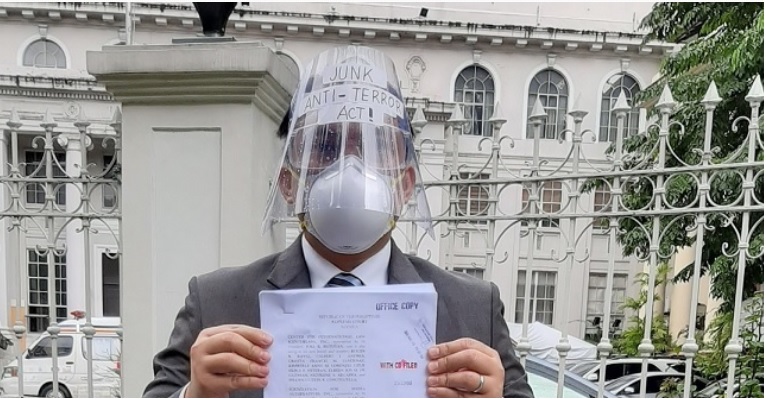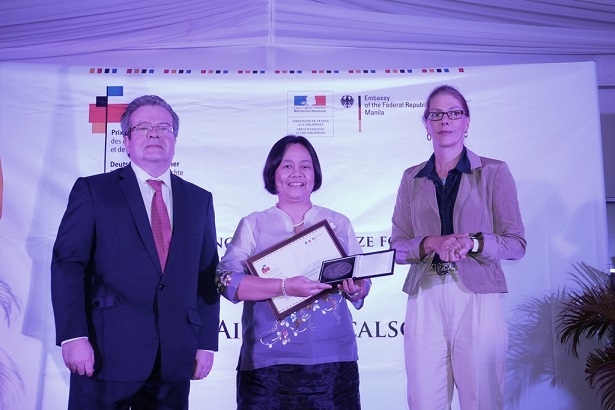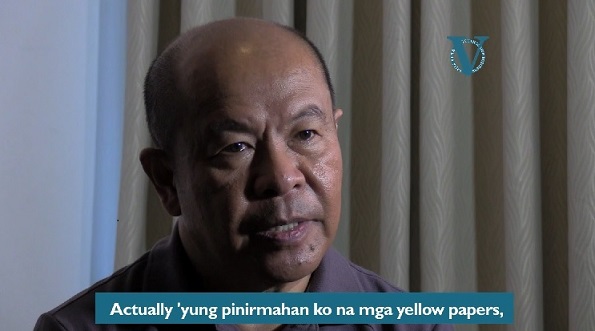
The House Quad Committee (Quadcom), which has uncovered gruesome information, in its investigation of extrajudicial killings (EJKs), is now into tracing the money trail that financed former president Rodrigo Duterte’s brutal war on drugs.
Quadcom co-chairs Reps. Bienvenido “Benny” Abante Jr. and Dan Fernandez said that the mega-panel composed of the Committees on Dangerous Drugs, Public Order and Safety, Human Rights, and Public Accounts, will seek the assistance of the Anti-Money Laundering Council (AMLC) in tracing the illicit transactions.
Former Philippine Charity Sweepstakes Office General Manager Royina Garma, who also played a major role in Duterte’s bloody program, had given information on the rewards system which was patterned to Davao drug war template that she helped implement when she was a Station Commander in one of the police stations in Davao.
